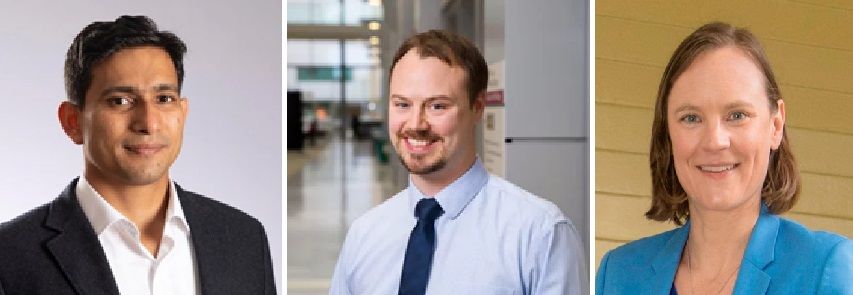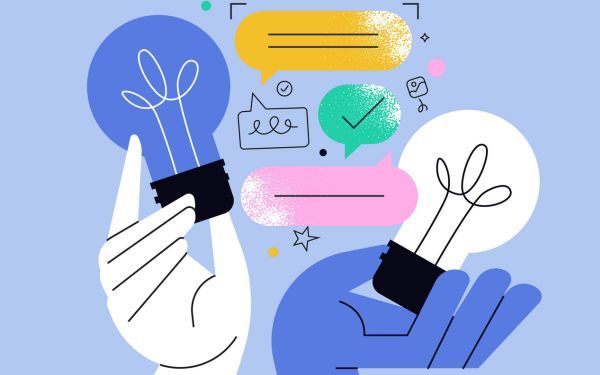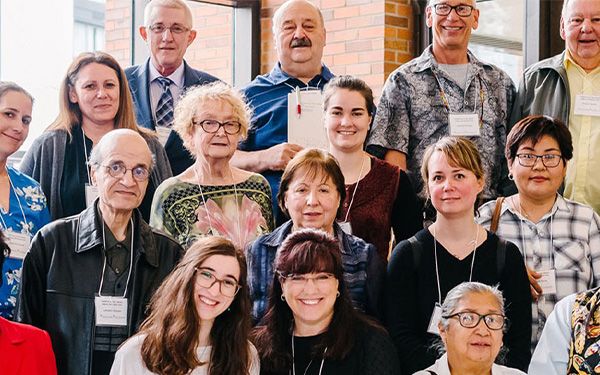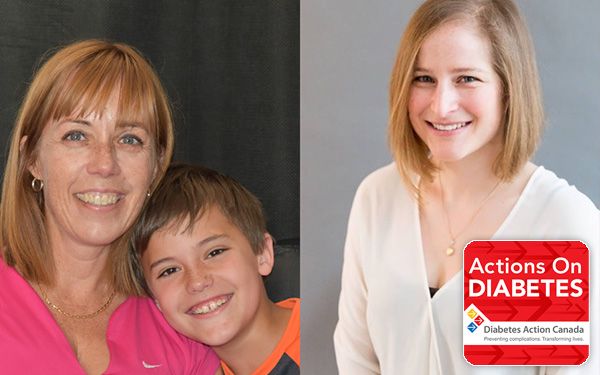Diabetes Action Canada
Improving Lives with Diabetes Through Research, Patient Engagement, and Knowledge Mobilization
Our Network unites patient partners, researchers, diabetes specialists, primary care providers, nurses, pharmacists, data experts, and policy leaders to co-design solutions that transform care, reduce health inequities, and improve outcomes for all people living with diabetes.

Recent News

Tom Weisz: A Patient Partner Who Kept Us Moving from Knowing to Doing

Congratulations to DAC Researchers Funded Through Diabetes Canada Awards

Research to Action Fellowship and Knowledge Mobilization in Focus at DAC’s January Network Action Session
Subscribe to our Newsletter
Webinars

The WHERE of Knowledge Mobilization
Podcasts
Land Acknowledgement
We begin by acknowledging the land on which Diabetes Action Canada operates. For thousands of years, this land has been the traditional territory of the Huron-Wendat, the Anishinabeg, the Haudenosaunee, and the Mississaugas of the Credit, and it remains home to many diverse First Nations, Inuit, and Métis peoples today.
To the Indigenous Peoples who have been the stewards of the lands where our Network members reside and work, we extend our deepest respect and affirm our commitment to fostering understanding and appreciation for the diverse cultures, histories, and knowledge of Indigenous communities. We recognize our responsibility and accountability in advancing the ongoing reconciliation process and are grateful for the privilege to work and learn on these lands.



